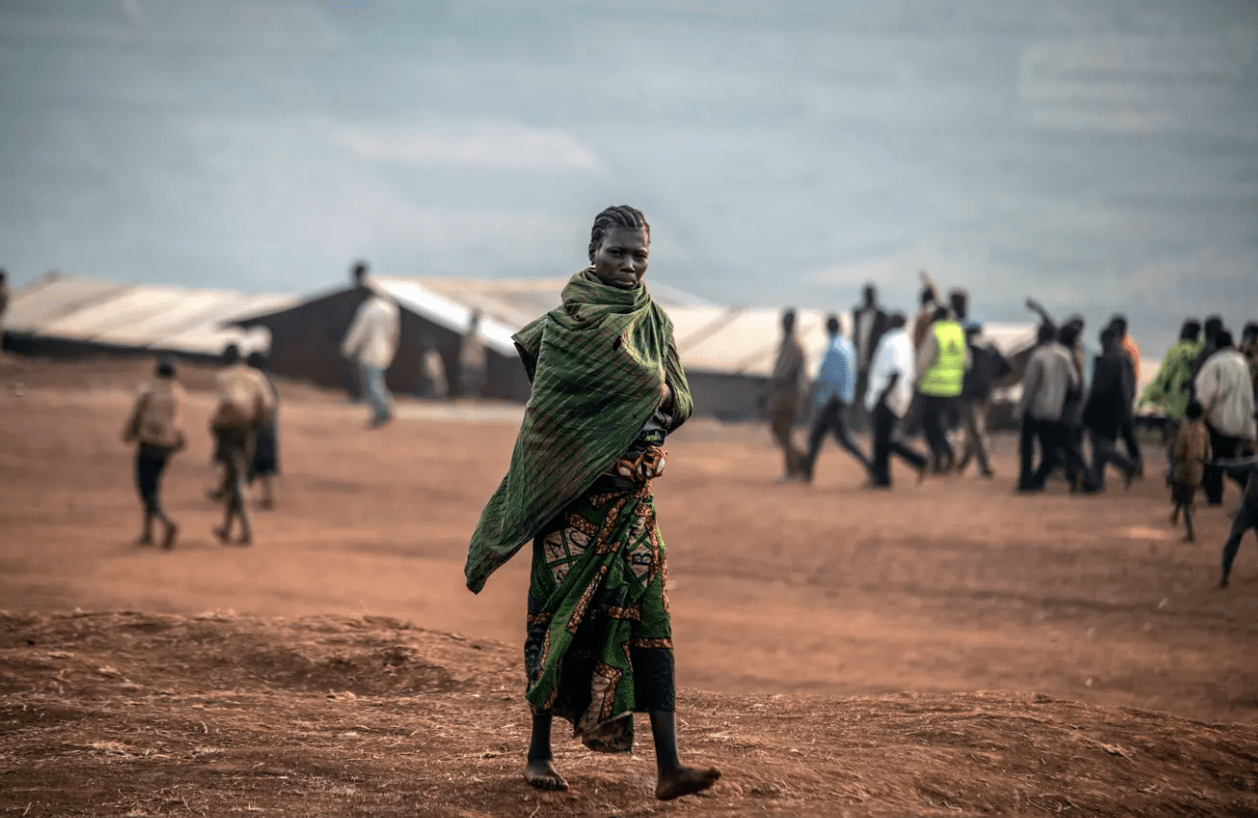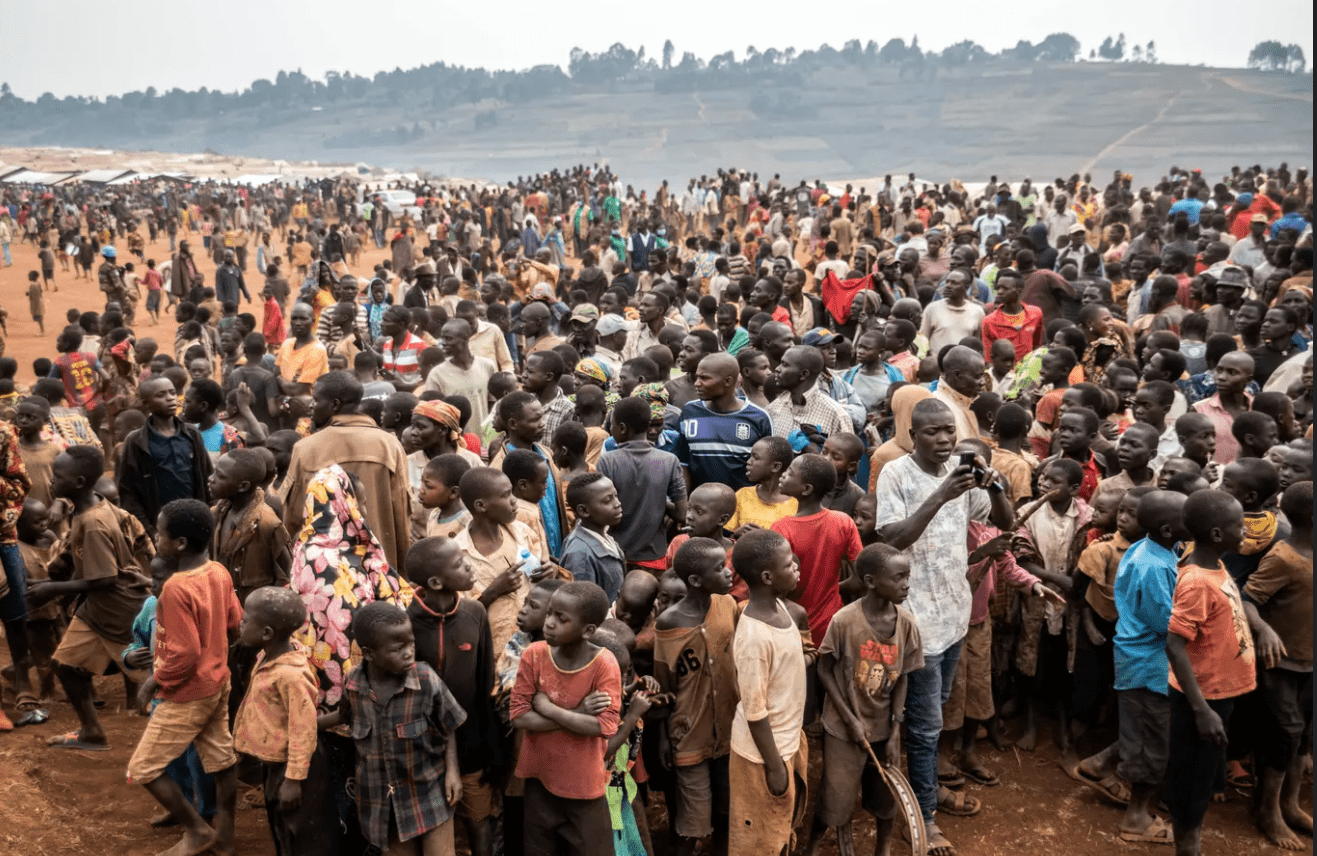US Secretary of State Antony J. Blinken has reached out to leaders in the Democratic Republic of Congo (DRC) and Rwanda, urging them to reduce tensions following an increase in fighting by rebels in Kinshasa.
Blinken emphasised the importance of both Rwanda and Congo taking steps to ease tensions and moving their troops away from the border, the State Department said in a statement on Tuesday.
The recent clashes have forced nearly 7 million people to leave their homes, according to reports.

In separate conversations with President Félix Tshisekedi of the DRC and President Paul Kagame of Rwanda, Blinken discussed the volatile situation and the worsening humanitarian crisis along the border between the two countries.
He called for a peaceful resolution to their disputes and urged them to de-escalate the situation by withdrawing troops from the border.
“Secretary of State Antony J. Blinken spoke separately with Democratic Republic of Congo (DRC) President Félix Tshisekedi and Rwandan President Paul Kagame,” Department Spokesperson Matthew Miller said.
“With both presidents, the Secretary discussed the volatile situation and worsening humanitarian crisis along the border between Rwanda and the DRC.
“The Secretary advocated for a diplomatic solution to the tensions between the two countries and urged each side take measures to de-escalate the situation, including removing troops from the border.”

In eastern Congo, fighting between M23 rebels and militias loyal to the Congolese army has intensified in provinces like Ituri, North Kivu, South Kivu, and Tanganyika.
The Congolese government has accused Rwanda multiple times of supporting the M23 rebels, who have gained control over parts of eastern Congo. United Nations experts have strong evidence of Rwanda’s army collaborating with the rebel group. Rwanda, however, has denied these allegations and accused the Congo’s army of shelling villages in Rwandan territory along the border.
This conflict has resulted in the deaths of thousands of civilians, the internal displacement of millions, and the flight of hundreds of thousands to neighboring Uganda.
https://www.youtube.com/watch?v=kedS92N13AQ&t=6s
In North Kivu, recent clashes have involved M23 rebels led by Tutsis and militias aligned with the government. These armed groups, motivated by the desire to control valuable resources like gold, have expanded their influence across several provinces, including South Kivu, Ituri, and Tanganyika, as reported by Independent UK.
Congo is set to hold presidential elections next month, but there are concerns that the escalating violence in the east could impact the polls, in which President Tshisekedi is seeking another term.
The International Organization for Migration (IOM) has stressed the urgent need to provide assistance to those most affected by this crisis.
They describe the situation in the DRC as one of the largest internal displacement and humanitarian crises globally. Notably, more than two-thirds of the displaced individuals in the DRC are currently staying with host families.
“For decades, the Congolese people have been living through a storm of crises,” Fabien Sambussy, IOM’s chief of mission in Congo, said. “The most recent escalation of the conflict has uprooted more people in less time like rarely seen before.”

